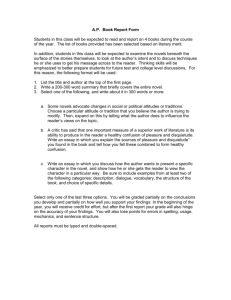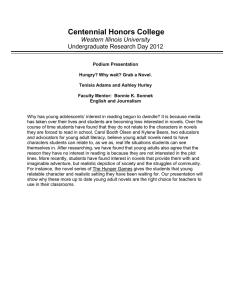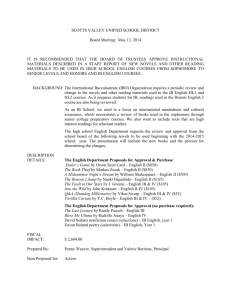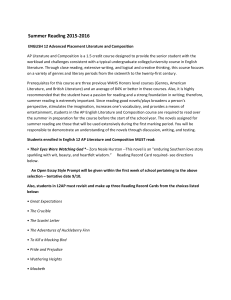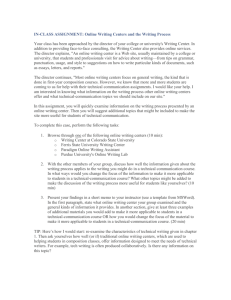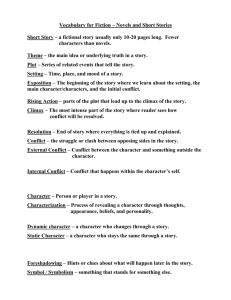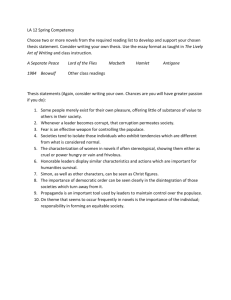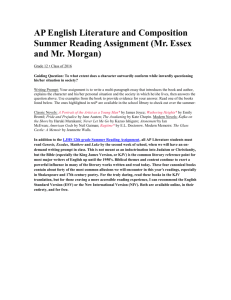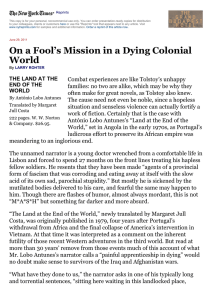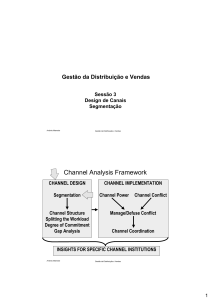Prescription to Read Me
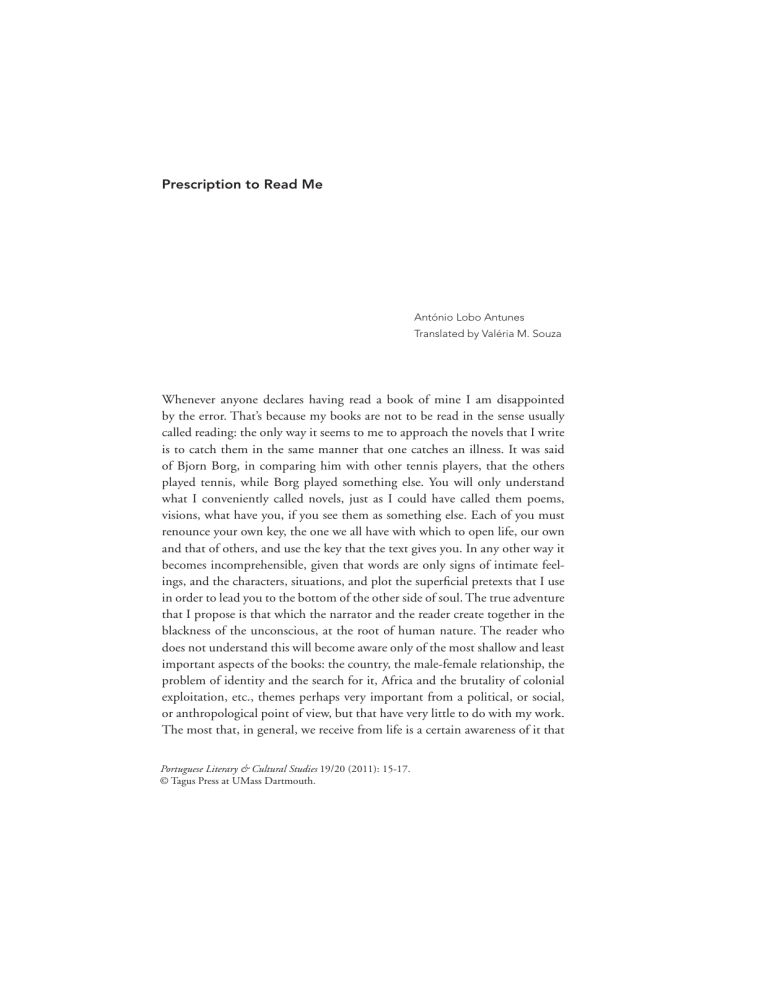
Prescription to Read Me
António Lobo Antunes
Translated by Valéria M. Souza
Whenever anyone declares having read a book of mine I am disappointed by the error. That’s because my books are not to be read in the sense usually called reading: the only way it seems to me to approach the novels that I write is to catch them in the same manner that one catches an illness. It was said of Bjorn Borg, in comparing him with other tennis players, that the others played tennis, while Borg played something else. You will only understand what I conveniently called novels, just as I could have called them poems, visions, what have you, if you see them as something else. Each of you must renounce your own key, the one we all have with which to open life, our own and that of others, and use the key that the text gives you. In any other way it becomes incomprehensible, given that words are only signs of intimate feelings, and the characters, situations, and plot the superficial pretexts that I use in order to lead you to the bottom of the other side of soul. The true adventure that I propose is that which the narrator and the reader create together in the blackness of the unconscious, at the root of human nature. The reader who does not understand this will become aware only of the most shallow and least important aspects of the books: the country, the male-female relationship, the problem of identity and the search for it, Africa and the brutality of colonial exploitation, etc., themes perhaps very important from a political, or social, or anthropological point of view, but that have very little to do with my work.
The most that, in general, we receive from life is a certain awareness of it that
Portuguese Literary & Cultural Studies 19/20 (2011): 15-17.
© Tagus Press at UMass Dartmouth.
16 PORTUGUESE LITERARY & CULTURAL STUDIES 19/20 arrives too late. Therefore in my works there are no exclusive meanings or definitive conclusions: there are only material symbols of fantastic illusions, the truncated rationality that is ours. You must abandon yourselves to its apparent carelessness, to its suspensions, to the long ellipses, to the shadowy comings and goings of the waves that, little by little, will carry you to an encounter with fatal darkness, indispensable to the rebirth and renovation of the spirit. It is necessary that our trust in common values dissolve page by page, that our deceptive interior cohesion gradually lose the meaning that it does not possess and yet that we gave it, in order that another order be born from that shock, perhaps bitter but inevitable. I would like the novels in bookstores, rather than being placed beside one another, to be kept apart and in a hermetic box, so as not to infect other narratives or unprepared readers: it costs dearly to seek a lie and find a truth. Walk through my pages as in a dream, because it is in that dream, in its clarity and in its shadows that you will go about finding the meanings of the novel, in an intensity that corresponds to your instincts of clarity and to the shadows of your prehistory. And, once the voyage is over and the book is closed, convalesce. I demand that the reader have a voice among the voices of the novel or poem, or vision, or whatever name you feel like giving it in order to be able to have a place among the demons and the angels of the Earth. Any other approach to what I write is a reading, not an initiation to the wilderness where the visitor will have his flesh consumed in solitude and in happiness. It is not complicated if you accept the work as this illness I referred to above: you will see that you return from yourselves loaded with treasures. Some, almost all, of the misunderstandings in relation to what I do derive from the fact that what I write is approached in the way we are taught to approach any narrative. And the surprise comes from the realization that there is no narrative in the usual sense of the term, but only long concentric circles that contract and apparently suffocate us.
And they suffocate us apparently so that we can breathe better. Abandon your clothing of civilized creatures, full of restrictions, and allow yourselves to listen to the voice of the body. Notice how the figures that populate what I say are not described and almost do not possess distinctness: because they are yourselves. I said some time ago that the ideal book would be that in which all of the pages were mirrors: they reflect me and they reflect the reader, until neither of us knows which of the two we are. I seek that each one be both and that we return from those mirrors like someone returning from the cavern of what used to be. It is the only salvation that I know and, even if I knew
FACTS AND FICTIONS OF ANTÓNIO LOBO ANTUNES others, it is the only one that interests me. Now would be the time for me to be clear regarding what I think about the art of writing a novel, I who in general respond to the questions of journalists with an amused levity because they seem superfluous to me: as soon as we know the answers, all questions become unimportant. And please, relinquish the faculty of judgment: as soon as one understands, judgment ends, and we still ourselves, astonished, before the luminous simplicity of everything. Because my novels are much simpler than they appear: they are, as novels in general, the experience of cannibalism through continual hunger, and the struggle against incalculable but practical adventures. The problem is that they lack what is essential: the intense dignity of a whole creature. Faulkner, whom I no longer like as much as I used to, claimed to have discovered that writing is a very beautiful thing: it makes men walk upon their hind feet and project an enormous shadow. I ask that you recognize this shadow, understand that it belongs to you and, beyond understanding that it belongs to you, that it is what may, in the best of cases, give meaning to your life.
Note: This text was originally published by Visão (January 3, 2002). URL: www.visaoonline.pt
Valéria M. Souza is a PhD candidate in Luso-Afro-Brazilian Studies and Theory at the
University of Massachusetts Dartmouth. E-mail: valeriamsouza@hotmail.com
17
